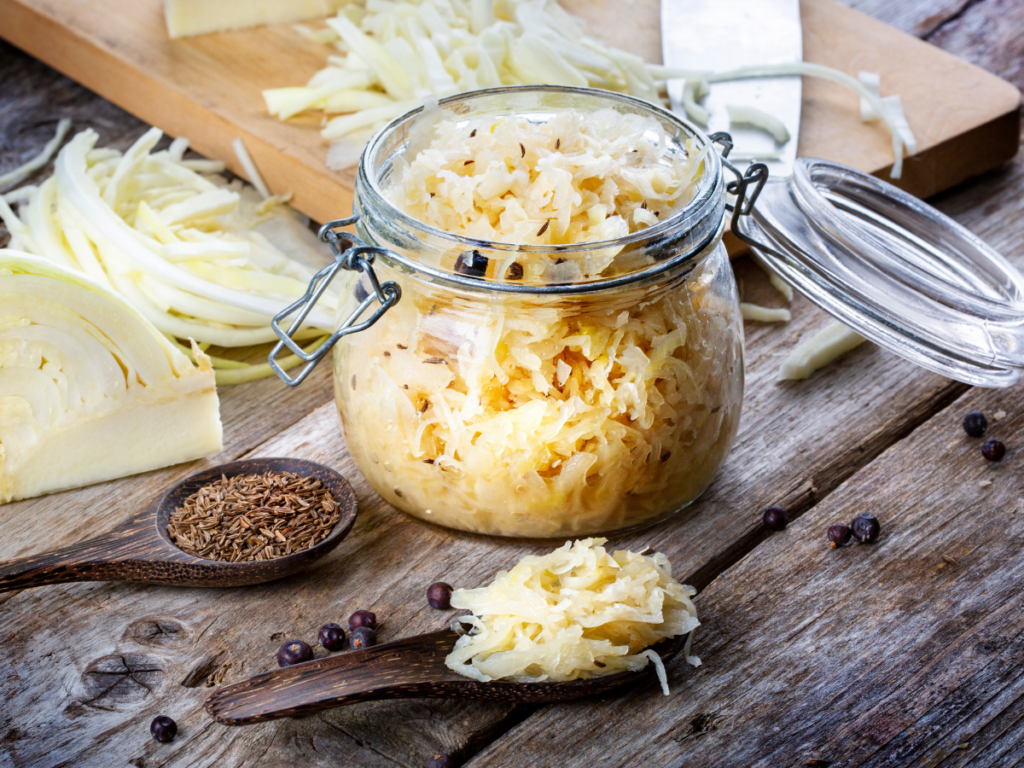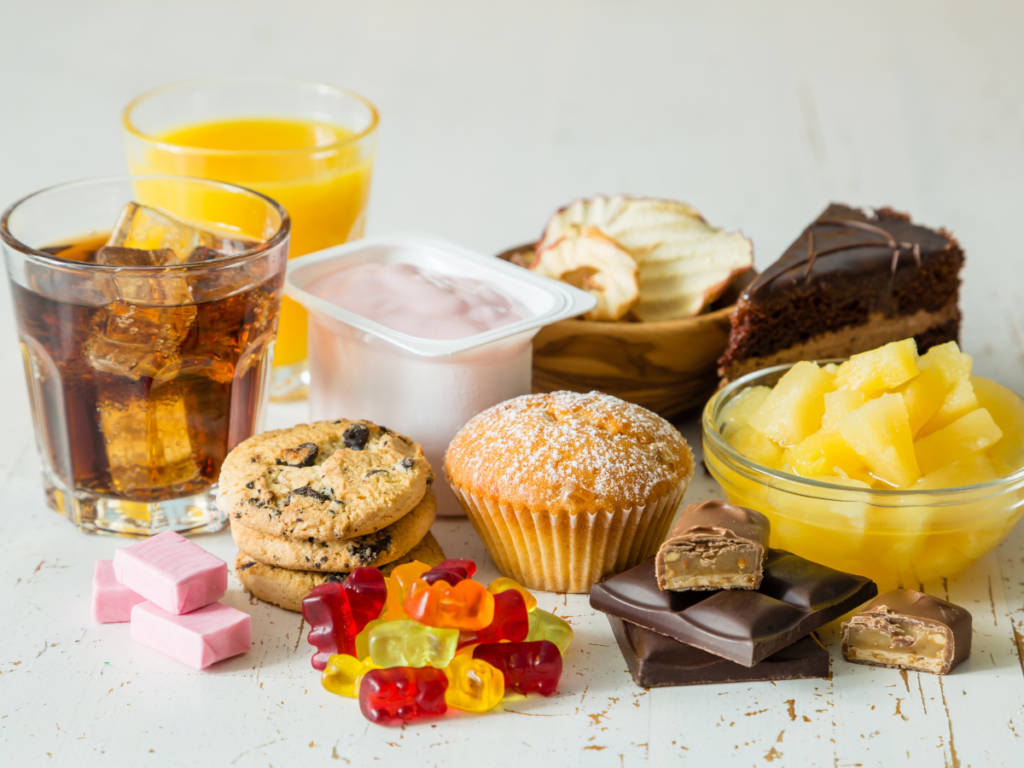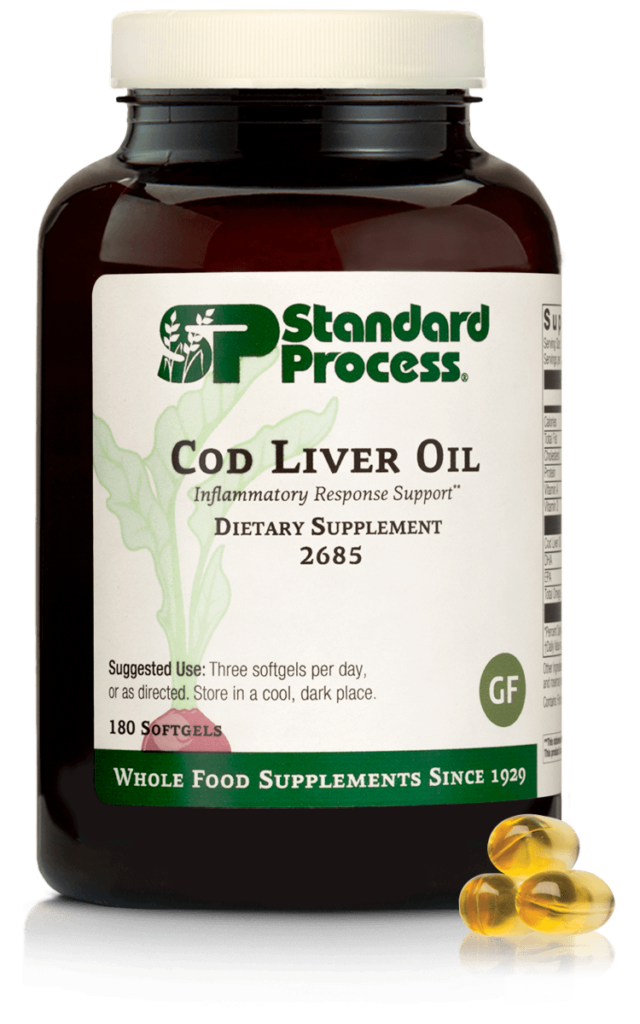By Claire Bacon, ACN, CNC
Have you ever heard of the gut-brain connection? Did you know that the bacteria in your gut help control the emotional part of your brain? It may sound surprising, but it’s true. The feelings you experience each day are not random. They are strongly shaped by trillions of microbes living inside your gut.
Of course, our emotions also respond to what’s happening around us. A disagreement with a loved one can leave you upset, and that makes sense. But what about the mornings when you wake up feeling “off” for no clear reason? That low mood may be linked to the activity of your gut bacteria.
Scientists have discovered that most of your mood chemicals, called neurotransmitters, are actually made in the gut. These include serotonin, dopamine, and GABA, which help regulate emotions and keep you balanced. Because over 75% of these neurotransmitters are produced by gut bacteria, changes in your gut can directly affect how you feel. This powerful connection is known as the gut-brain axis, or gut-brain connection.

Stress and the Gut-Brain Connection
Chronic stress takes a heavy toll on both the gut and the brain. When stress hits, your body releases cortisol and flips into “fight or flight” mode. In short bursts, this response fades once the stressor passes. But with chronic stress, your body stays stuck in high alert. You already know this, but maybe never thought in detail about it.
When stress is prolonged, cortisol stays elevated for too long. This disrupts the gut-brain connection in several ways. High cortisol can weaken the gut lining, leading to increased intestinal permeability (“leaky gut”). It also shifts the microbiome by reducing beneficial bacteria and allowing harmful microbes to thrive. At the same time, cortisol interferes with neurotransmitter production, such as serotonin and dopamine, which are largely made in the gut. Together, these changes fuel inflammation, mood imbalances, and poor communication between the gut and brain.
This constant strain leads to ongoing inflammation. Over time, that inflammation damages health in serious ways.
The good news? You can support your gut-brain axis with simple nutrition strategies. The following steps help restore balance and strengthen both your gut health and brain health.
Eat More Probiotics and Fermented Foods
One of the simplest ways to strengthen the gut-brain axis is by eating more fermented foods. These foods are packed with probiotics that feed your gut with healthy bacteria. Sauerkraut, kimchi, miso, kefir, kombucha, yogurt, and fermented pickles are all great choices.
If these foods aren’t part of your regular diet, a high-quality probiotic supplement can also make a big difference. Research shows probiotics can ease depression, reduce anxiety, and improve negative thinking. In fact, one large study of over 26,000 people found that those who ate the most probiotic-rich foods had the greatest improvement in mood. That’s powerful support for both gut and brain!
Key probiotic strains can directly influence neurotransmitter production and balance in the gut-brain axis. Lactobacillus species help boost serotonin and GABA, which calm the nervous system and improve mood. Bifidobacterium strains support dopamine and serotonin pathways while also reducing stress-related inflammation that interferes with signaling. Bacillus species act like “gut gardeners,” helping balance microbial diversity and creating an environment where neurotransmitter production thrives. Together, these probiotics help regulate mood, stress response, and mental clarity by supporting the gut’s natural role as a neurotransmitter factory.
Some of our favorite probiotic supplements are Prosynbiotic and Lact-Enz from Standard Process, and BioDoph-Fem or BioDoph-3-GI from Biotics.

Avoid Processed Foods & Sugar
Highly processed foods and sugars can disrupt the microbiome by causing inflammation and nourishing harmful bacteria in the gut. They also weaken the intestinal lining, potentially leading to a condition known as “leaky gut” or intestinal permeability. Moreover, these foods don’t offer any nutritional benefits. For optimal health of your mind, gut, and overall well-being, it’s best to focus on a diet rich in whole foods. This includes quality protein, healthy fats, a variety of fruits and vegetables, and high-fiber carbohydrates such as beans, lentils, and starchy vegetables.
Chemical preservatives and artificial sweeteners found in many processed foods can disrupt both brain chemistry and gut health, leading to changes in mood and cognition. Preservatives like BHA, BHT, and sodium benzoate can create oxidative stress and inflammation that interfere with healthy brain signaling. Artificial sweeteners such as aspartame or sucralose alter the gut microbiome, reducing beneficial bacteria that help produce neurotransmitters like serotonin and dopamine. Over time, these disruptions can contribute to brain fog, irritability, low mood, and even greater vulnerability to anxiety or depression.

Omega-3 Fatty Acids & the Gut-Brain Connection
Omega-3 fatty acids are known for their anti-inflammatory properties and their role in regulating the microbiome, protecting the intestinal lining, and supporting neurotransmitter synthesis and function. The best sources of omega-3s are fatty fish like salmon, mackerel, trout, herring, and sardines. These sources provide EPA and DHA, the most effective forms of these fatty acids.
In addition, there are plant-based sources such as flaxseed, chia seeds, walnuts, and hemp seeds. These foods contain ALA, which the body must convert into EPA and DHA. If these foods aren’t part of your regular diet, you might consider supplementing with Cod Liver Oil.
Cod liver oil is a powerhouse supplement that combines healthy fats with essential vitamins. It provides EPA and DHA, two key omega-3 fatty acids that calm inflammation and support brain and heart health. At the same time, it’s naturally rich in vitamins A and D, which are critical for immune function and tissue repair. Together, these nutrients help strengthen and heal the gut lining, creating a healthier foundation for digestion, absorption, and overall wellness.
Other sources of healthy fats include medium-chain triglycerides like MCT oil and coconut oil, monounsaturated fats found in avocado and olive oil, as well as pasture-raised eggs, grass-fed beef, and dark chocolate.

Sources:
https://www.ncbi.nlm.nih.gov/pubmed/31029044
https://www.ncbi.nlm.nih.gov/pubmed/31004628
https://www.sciencedirect.com/science/article/pii/S0889159115000884


